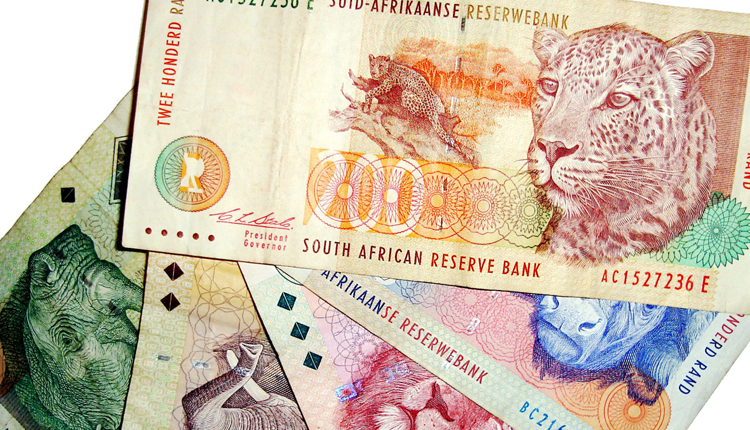South Africa economy is expected to recover from a poor start this year, rescued by stronger growth in the rest of the world, a Reuters poll showed on Wednesday.
South Africa’s gross domestic product shrank 2.2 percent in the first quarter, led by a slowdown in agriculture and mining, after expanding 3.1 percent in the final three months of last year.
However, the survey of 24 economists taken in the past week forecast the economy would grow 1.7 percent this year. That was only 0.1 percentage point lower than predicted last month and up from a 1.3 percent forecast at the start of the year.
“The rest of the world is doing very, very well, so on the export side of things we will actually start doing better,” said Busisiwe Radebe, an economist at Nedbank. “That is why you see that lift that we are expecting.”
Last Friday, Fitch affirmed South Africa’s sub-investment- grade credit rating but noted signs of improvement in governance and prospects of a mild cyclical upturn.
However, it doubts new President Cyril Ramaphosa’s efforts will make a significant difference to the 1.7 percent growth it expects for this year.
South Africa needs growth levels multiple times faster than the forecast to make any meaningful reduction in unemployment. About a quarter of the labour force is currently out of work.
Employment prospects were made worse by a poor showing from South Africa’s mines in April. Output fell 4.3 percent year-on-year in the industry, which employs large swathes of the country’s largely unskilled labour force.
A United States-China trade conflict has escalated further and economists are wary of its effect on emerging market currencies.
Still, Miyelani Maluleke, an economist at Absa Capital,said domestic demand still had enough momentum to deliver GDP growth of 1.7 percent this year.
“There were some one-off factors that contributed to the first-quarter GDP contraction and the effect of those will likely wear off,” Maluleke said.
The South African Reserve Bank is expected to keep its repo rate unchanged at 6.5 percent until 2020. It cut its main interest rate by 50 basis points to 6.50 percent in March.
Inflation is projected to average 4.9 percent this year and 5.2 percent next.
Source: Reuters
